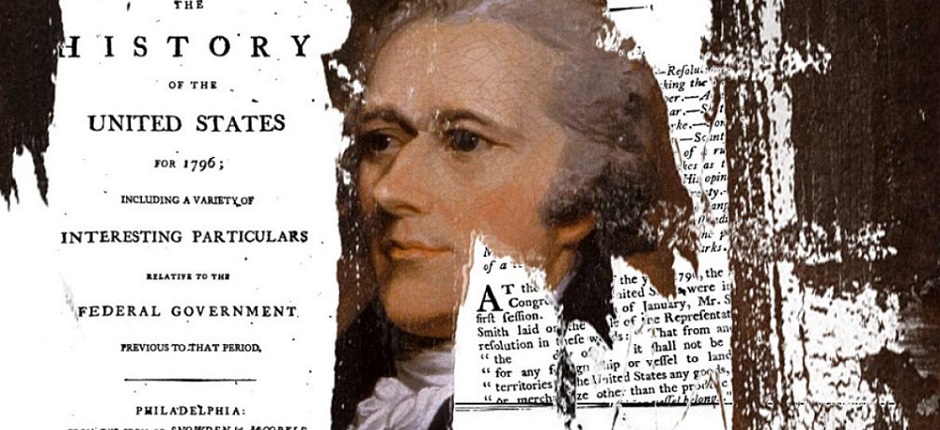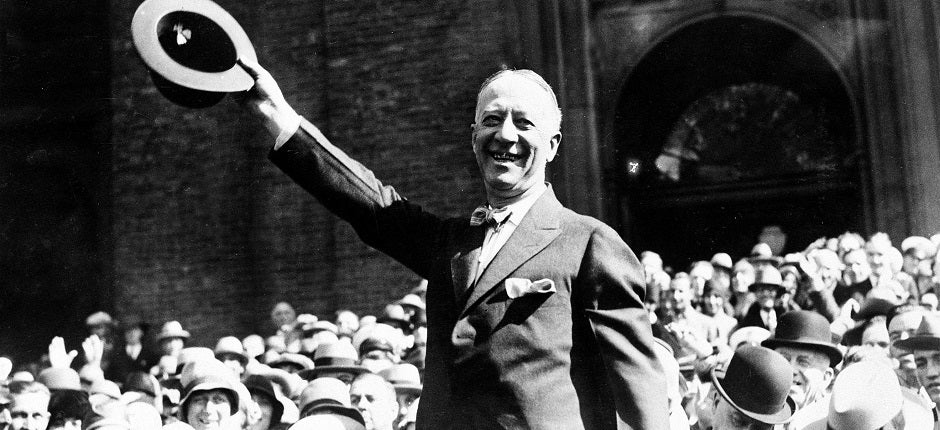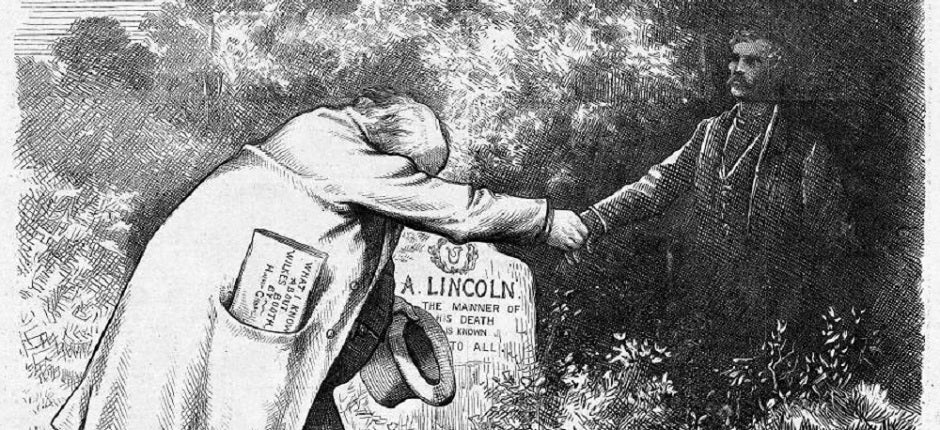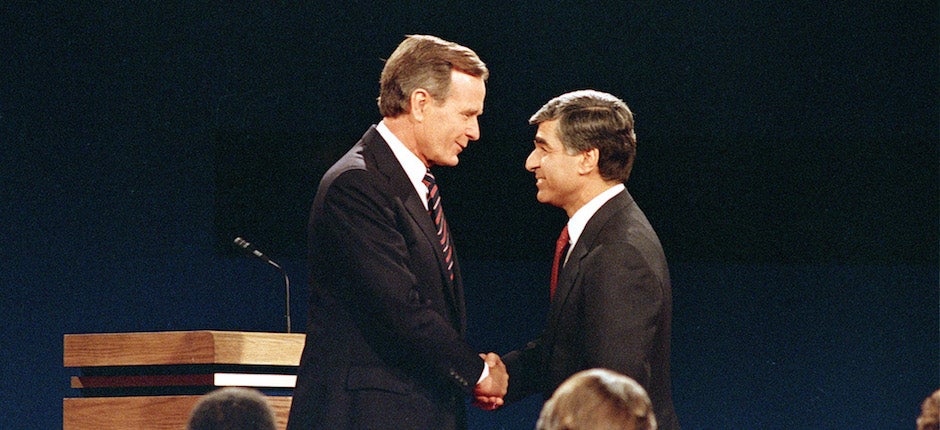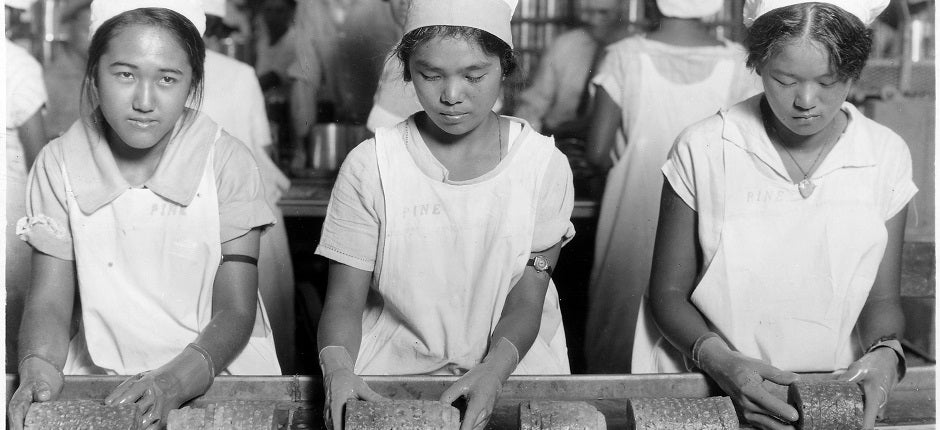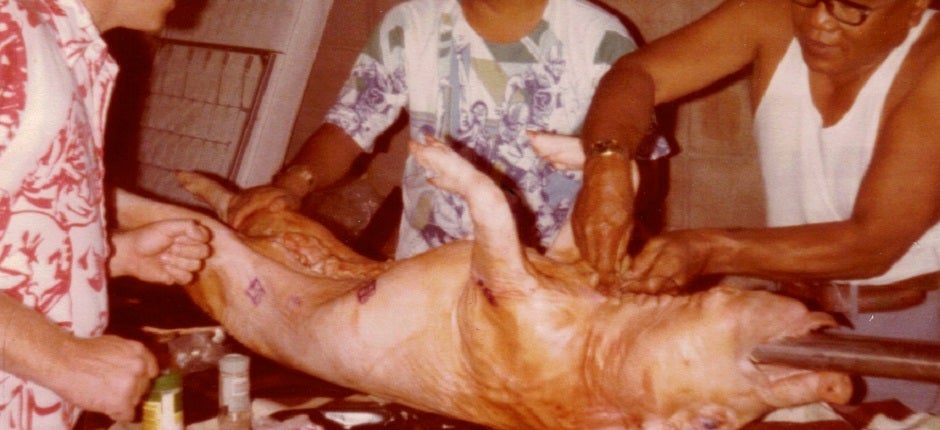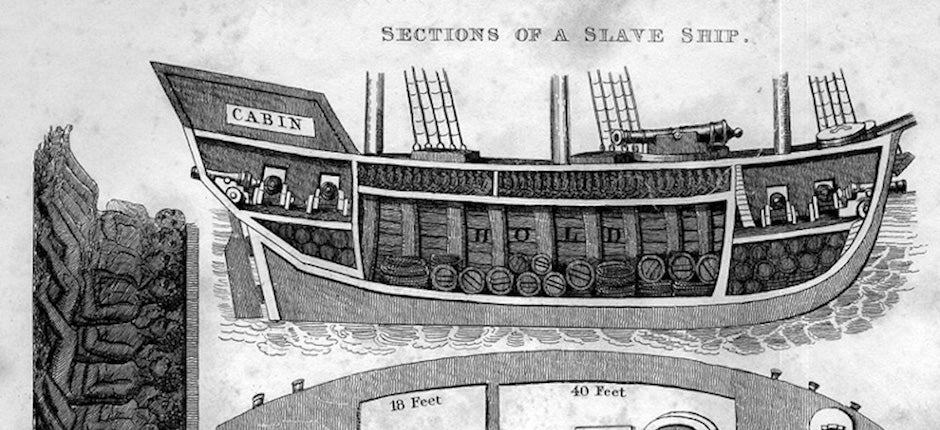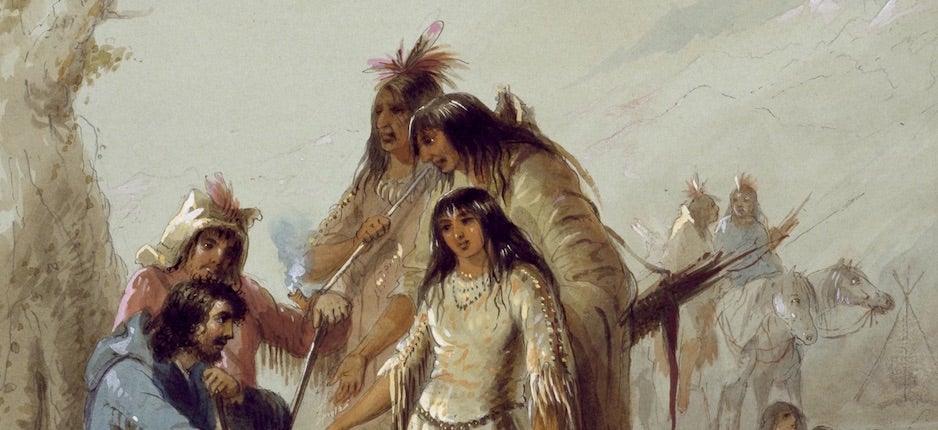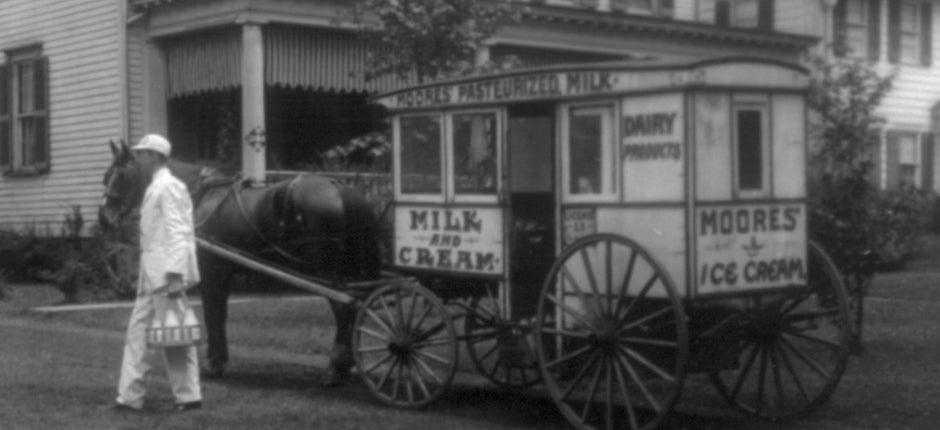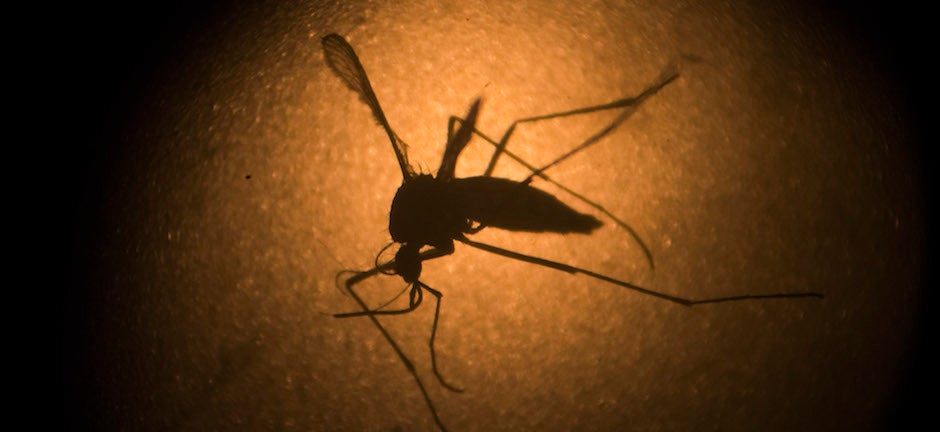Think The Press Is Partisan? It Was Much Worse for Our Founding Fathers
A Scheming and Salacious Newspaper Reporter Targeted Hamilton and Jefferson—and Nearly Ruined Them
It is a common complaint that the drive for traffic at news sites in the digital age has debased our political dialogue, turning a responsible press into a media scramble for salacious sound bites. But partisanship and scandal-mongering go way back in the American political tradition. And there was no internet to blame in 1793, the year an especially vicious and salacious newsman arrived on American shores and soon after set his sights on the founding fathers.
Despite efforts to unify …


